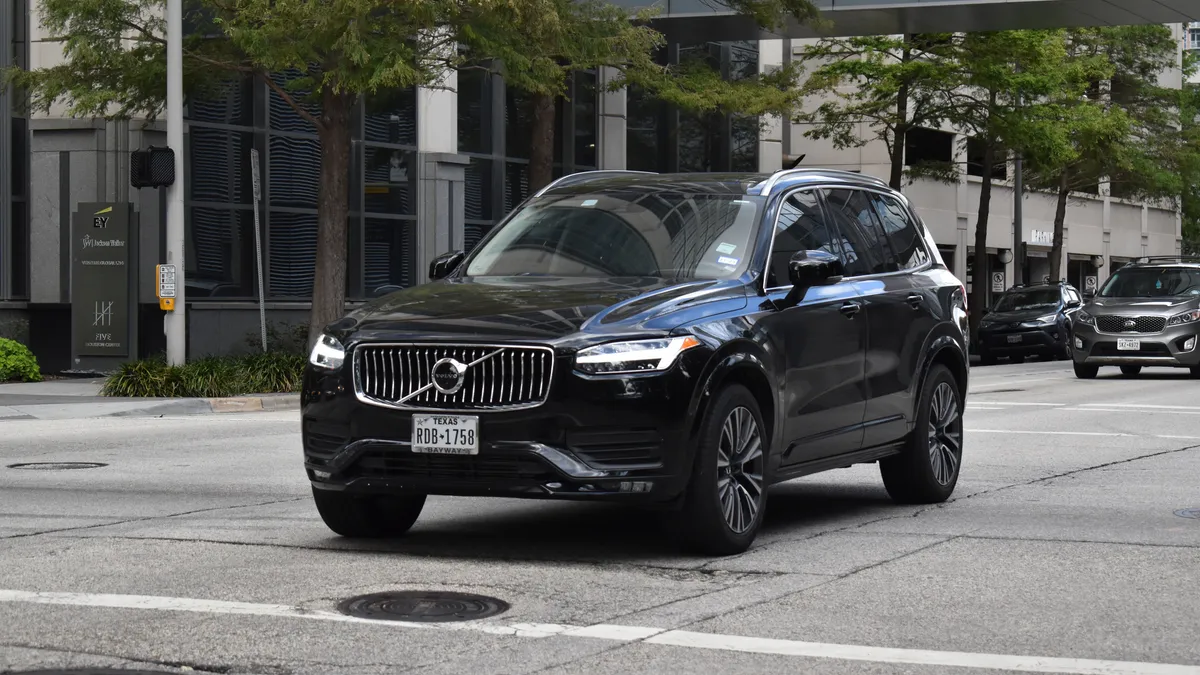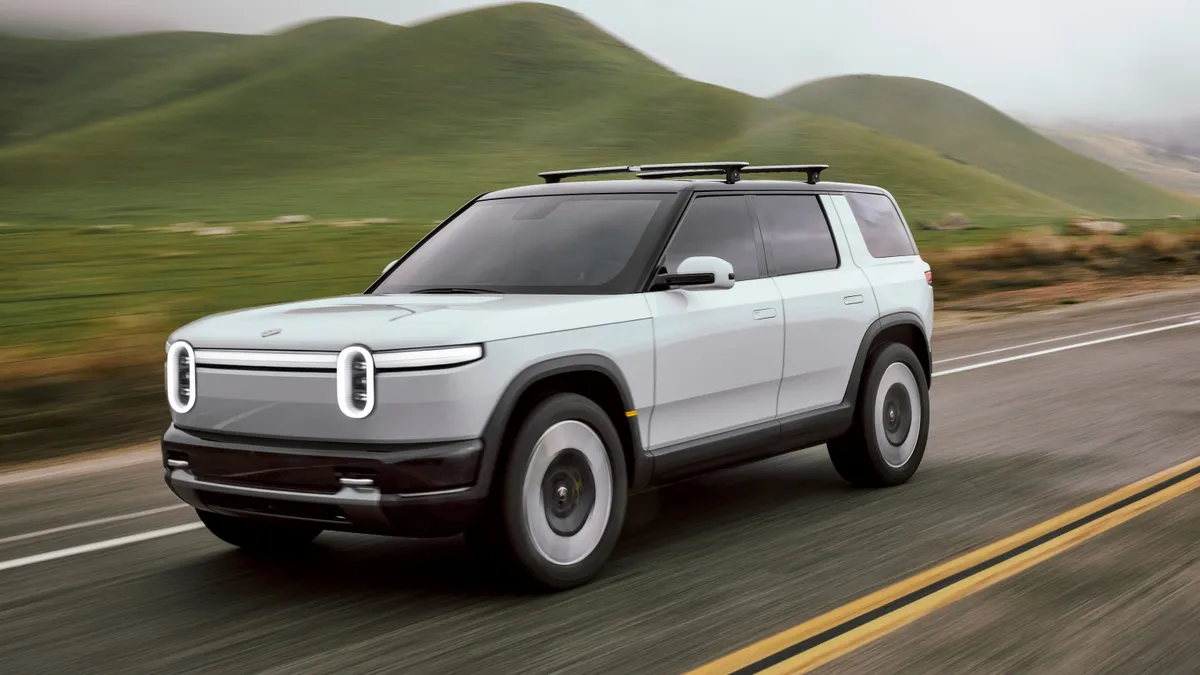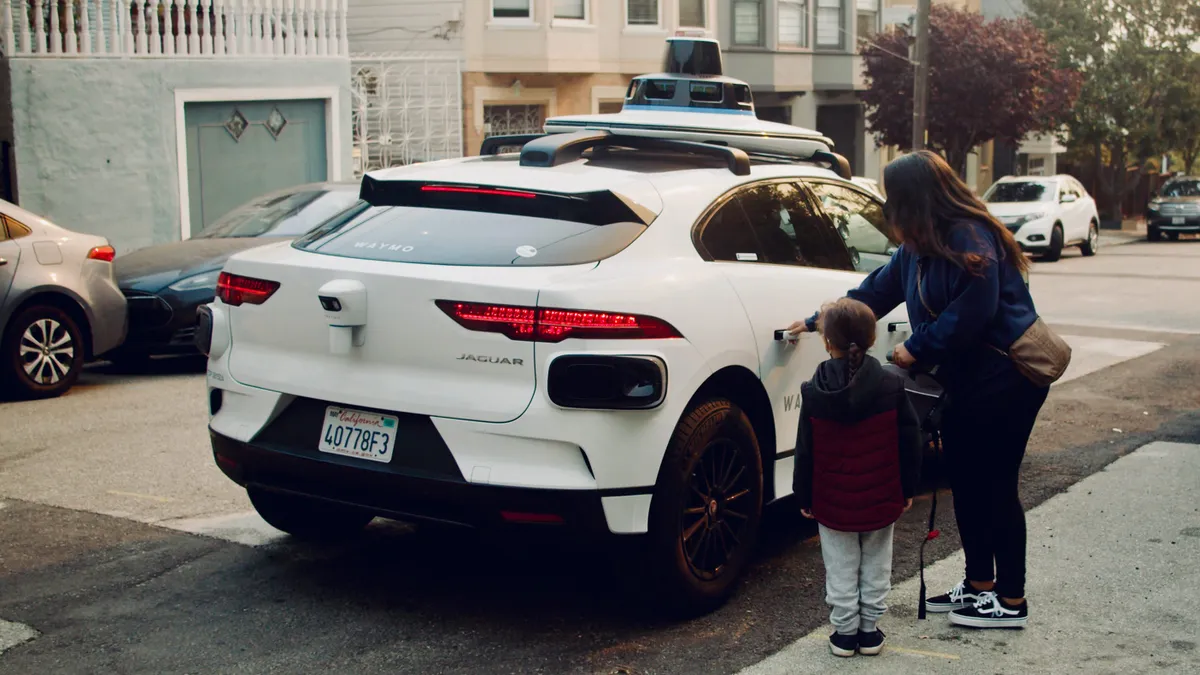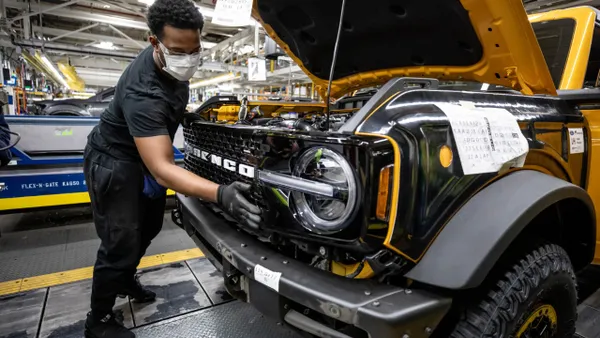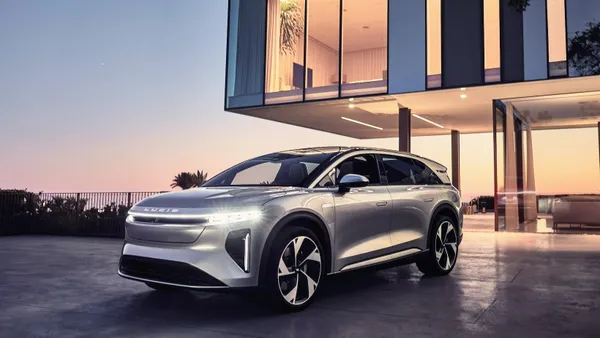Dive Brief:
- Economic weakness in the key markets of China, Europe and the U.S. was behind Volvo Cars’ move to lower its global full-year sales projections, the company announced last week.
- The company lowered its 2024 sales growth to between 7% and 8%, down from its earlier forecast of 12% and 15%, mainly due to higher interest rates and changing consumer sentiment toward premium cars, President and CEO Jim Rowan said during a call with analysts.
- “We're starting to see a softer fourth quarter than we had envisaged,” he said. However, Rowan believes buyers on the fence will be swayed as the company introduces new vehicles with enhanced technology and an expanded electric vehicle and hybrid lineup. “It’s a game of progress and I think we continue to make progress, even in a tough market environment,” he said.
Dive Insight:
Volvo Cars reported its global Q3 year-over-year sales grew 3% to 172,849 vehicles with electrified models – including electric and hybrid cars – representing 48% of those sales.
The company’s revised sales outlook for the year did not keep the automaker from posting an operating profit of 5.7 billion SEK ($535 million), though it was down from $6.1 billion SEK ($572 million) from a year ago.
As the industry copes with slowing EV sales, Volvo Cars revised its previous plan to go fully electric by 2030. Instead, the automaker is targeting a mix of battery electric and plug-in hybrid vehicles to account for 90% to 100% of its sales by then.
EV adoption has been a mixed bag globally, according to Volvo. In the U.S., Rowan said electrification is advancing in the West Coast but has been slow to catch on in the central region and has experienced balanced growth on the East Coast.
He said Northern Europe has moved quickly toward EV adoption but it is taking longer in Southern Europe. In China, EVs are more widely used in major cities than in its rural provinces, Rowan said.
Carefully monitoring sales trends allows the company to plan for production needs to accommodate EV demand, he said.
“We have a strong lineup of hybrids and fully electric cars that we continue to invest in,” Rowan said. “In short, we have a strong and balanced product portfolio for the current marketplace.”



